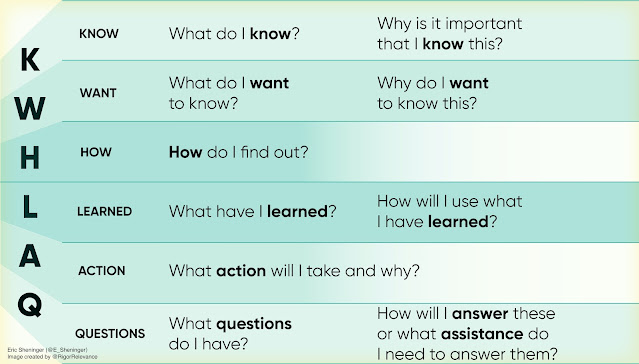“We do not find out from working experience. We learn from reflecting on experience.” – John Dewey
The estimate previously mentioned from Dewey has usually resonated with me, particularly when I am outside the house executing yardwork in Texas. In the previous, I utilised to generally get stung by bees and wasps. There is a big difference involving the two species and how they sting. Some of them actually chunk. Even though just about every come upon resulted in a agonizing working experience, they also offered a important option for me to reflect on why I was inclined to stings and how to keep away from them. I often uncovered to don very long-sleeved shirts and observe my surroundings to place their nests. I also habitually tracked them when they had been found flying close to the similar locations, which authorized me to obtain their nests and choose them out. The bottom line is that I have not been stung in a extended time.
It goes without saying that working experience plays a pivotal purpose in studying for students and grown ups. In Disruptive Considering in Our Lecture rooms, I shared the will need to offer far more chances for this in lessons as effectively as distinct techniques that can be used. When reflection is additional, it helps to boost the link in between what has been seasoned and the results that were being derived. The circumstance can be created that it allows learners to go deeper into principles when turning out to be much more competent.
Reflection is not a very simple system of introspection. Alternatively, it is an evidence-based, integrative, analytical, ability-setting up solution that serves to produce, deepen, critique, and doc finding out. Building reflective abilities is central to students’ educational and experienced advancement inside of a willpower. The capability to mirror on one’s observe when confronted by a novel, unconventional, or complicated problem distinguishes skilled practitioners from novices (Schön, 1983).
Plan reflection can:
- Foster cognitive versatility
- Support in the design and understanding of new understanding
- Build inbound links in between academic, emotional, and social experiences
- Produce necessary competencies for achievements in a disruptive entire world
The results mentioned earlier mentioned are supported by research:
Investigation has observed that understanding from immediate expertise can be far more efficient if coupled with reflection—that is, the intentional try to synthesize, abstract, and articulate the critical lessons taught by knowledge. Also, the result of reflection on studying is mediated by a higher perceived capability to obtain a aim ensuing in self-efficacy.
Intentionality is crucial. The good information is that educators do not have to reinvent the wheel. When it arrives to reflection in the classroom, the key is to make the time for it via alignment with plan pedagogy. Obviously, there is a inclination to include this at the finish in the variety of closure utilizing the adhering to prompts that can be answered making use of textual content, online video, or audio:
- What did you find out of benefit these days?
- How may you apply what you discovered outside of the classroom?
- Why was this mastering crucial to you and your friends?
On the other hand, educators can integrate opportunities to mirror all over a lesson. I shared the subsequent KWHLAQ chart in Disruptive Imagining, which educators can adapt as desired.
Reflection as a element of finding out is a thing that will have to be cultivated in the classroom and further than. We simply cannot believe that learners are acquainted with this approach. As a result, they can profit from steering to enable them derive this means from working experience. Without this aid, reflections might be restricted to descriptive accounts of an encounter or “venting of feelings” (Ash & Clayton, 2009). Experience, when mirrored on, is the best trainer.
Ash, S. L., & Clayton, P. H. (2009). Producing, deepening, and documenting learning: The energy of significant reflection in used mastering. Journal of Applied Learning in Better Schooling, 1(1), 25-48.
Schön, D. (1983). The Reflective Practitioner: How Experts Assume in Action. London: Temple Smith.



